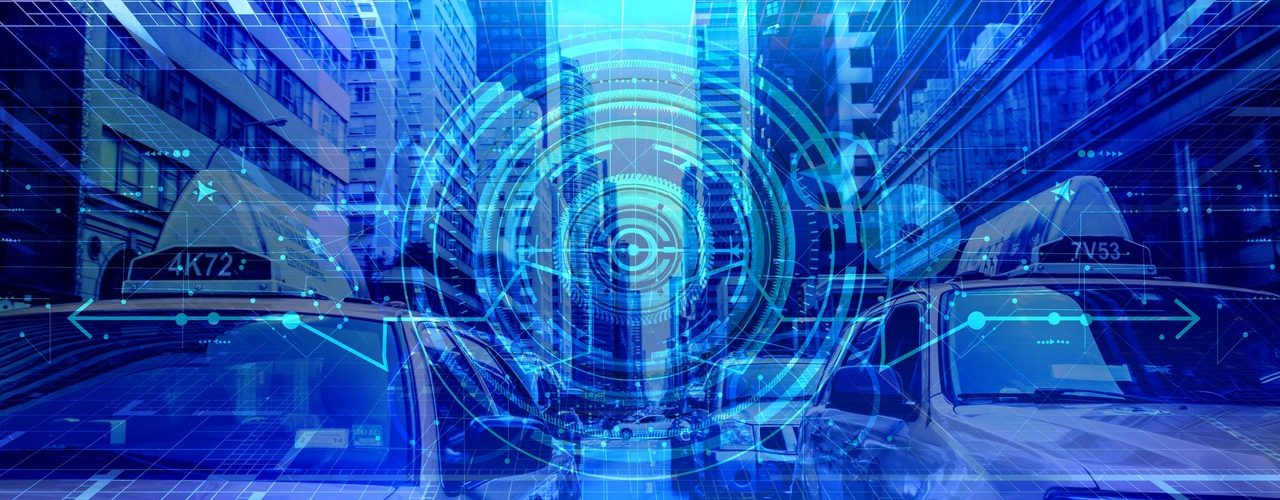There is always a moment where digital economy and the brick-and-mortar world meet each other. The presence of data centers, physical networks such as cables and technical relays (e.g., local servers and satellites), for the purpose of supporting digital and remote businesses, has in particular given rise to difficult questions regarding the nature and taxation of such infrastructure, and the tax obligations for taxpayers holding such infrastructure. This is as true for VAT (and GST) as for other taxes, notably in Europe where the digitalization of the economy and the importance of ensuring latency in different markets triggers an increasing presence of these infrastructures.
While cables, data centers, and other assets used in the digital economy are generally considered real estate or property in different member states, the provision of services connected with or using these physical infrastructures is not necessarily considered as “services relating to immovable property” as this concept is defined for VAT purposes. Many EU member states have not yet finalized their position on this topic, though a recent decision of the CJEU with respect to retail data centers has provided – for the first time – EU level guidance as to the correct VAT treatment.
The absence of harmonization means that there is also the potential for inconsistency when it comes to determining whether these physical infrastructures constitute a fixed establishment for VAT purposes. Again, this is a question that has been recently considered by the CJEU.
Source Baker & McKenzie
See also
- ECJ C-215/19 (Veronsaajien oikeudenvalvontayksikkö – A Oy) – Judgment – Colocation services are not “real estate related” services
- ECJ C-605/12 (Welmory) – Judgment – Fixed establishment: sufficient degree of sustainability and a suitable structure to be able to purchase services
- ECJ C-931/19 (Titanium) – Judgment – No fixed establishment if the owner of the property does not have his own staff
Latest Posts in "European Union"
- Comments on T-638/24: Double dip alert – an incorrect invoice can create multiple VAT liabilities
- EESC Opinion: EPPO and OLAF Access to EU-Wide VAT Data to Combat Fraud
- Comments on ECJ Case C-232/24: ‘Financing’ Not Exempt in VAT Assessment of Factoring Transactions in Kosmiro Case
- Understanding the VAT Gap: Impact on Global Compliance, Business Operations, and Digital Tax Reforms
- Digital VAT Controls in the EU: New Compliance Challenges for Cross-Border Business in 2025














